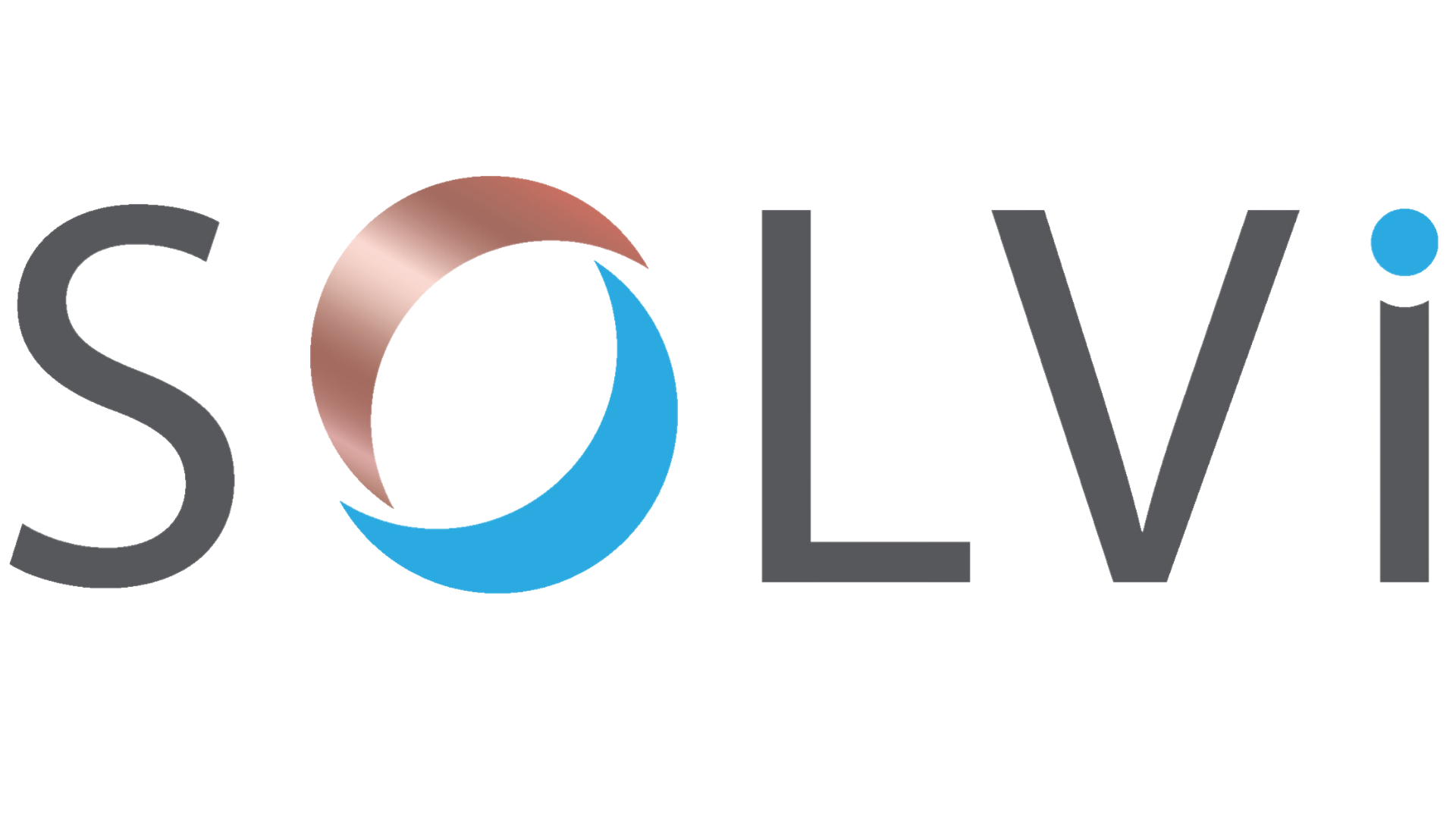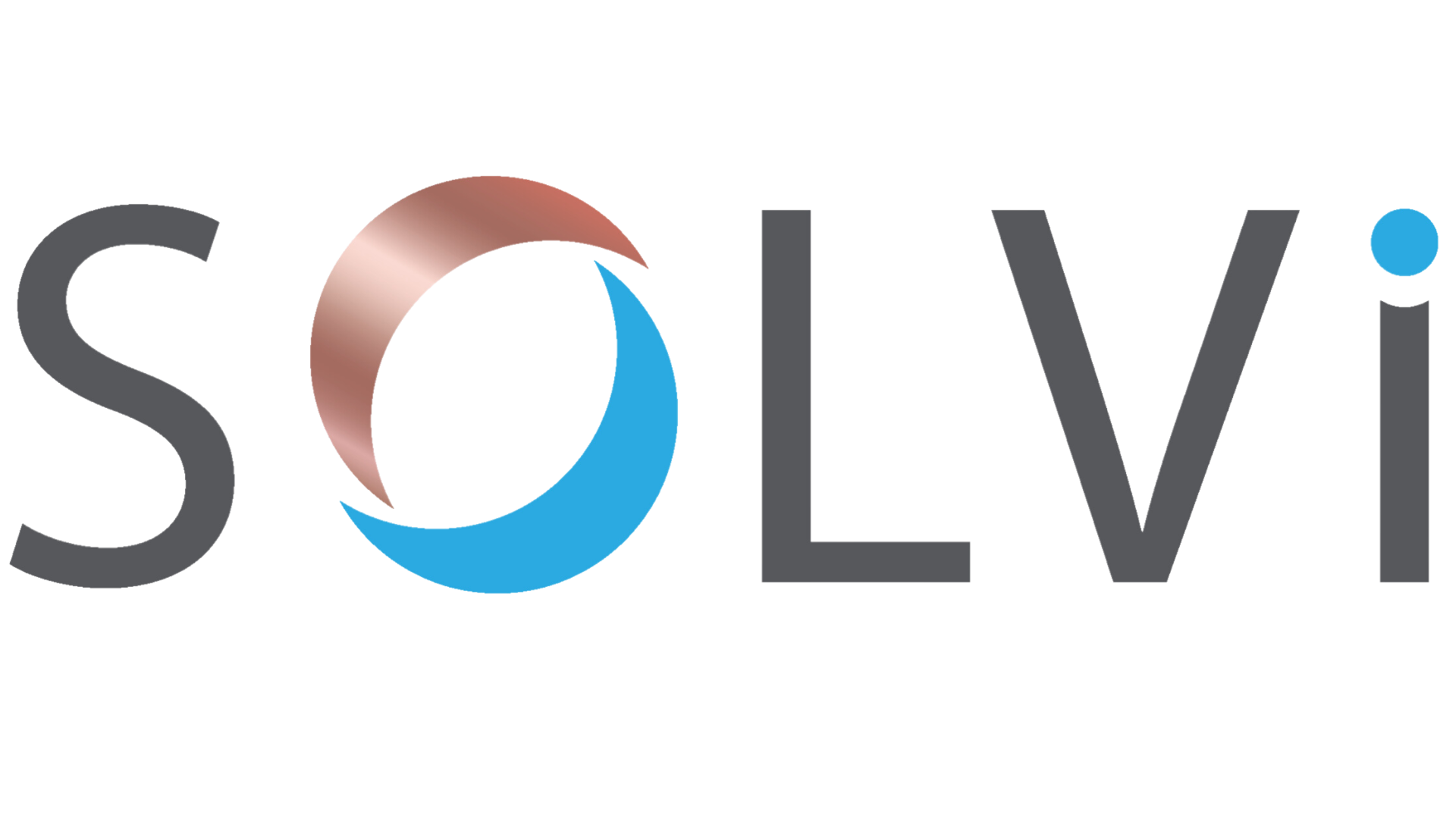Australia is a great place to live and work. Our passion is to help Registered Nurses living overseas to work and experience the great Aussie lifestyle. However, navigating the complexities of migrating to Australia can be daunting.
SOLVi Migration has been assisting nurses to gain registration and successfully migrate independently. Our dedicated team of legal experts specialises in guiding overseas registered nurses through the intricate visa and registration processes, ensuring a smooth transition to working in Australia.
We are committed to providing personalised support every step of the way, from initial eligibility assessments and visa applications to professional registration and employment advice. Trust us to help you achieve your dream of a rewarding nursing career in Australia.

VISA’S WE CAN HELP WITH

Employer Sponsored

Skilled Independent
MAKING AUSTRALIAN MIGRATION EASY

Why Waiting for Better Migration Rules Could Risk Your Australian Migration Dream
If you’re an internationally qualified nurse or midwife currently working in the UK, you’ve probably seen the headlines: “Australian migration rules are changing,” “AHPRA registration is being updated,” “Visa processes to be simplified.”
It’s tempting to think, “Maybe I should wait until things become easier.”
But here's the harsh truth: waiting for ‘better’ migration rules could cost you everything.
This is one of the most common – and most damaging – mistakes we see.
In this blog, we’re going to break down why waiting is almost always the wrong move, why you risk missing out completely, and what you can do to protect your dream of migrating to Australia.
Migration Rules Are Always Changing — and Rarely in Your Favour
Australia’s migration system is technical, complex, and constantly changing.
And while governments may announce more visa places or policy changes, those adjustments often:
❌ Apply only to a very specific group
❌ Introduce new eligibility requirements
❌ Close certain pathways without warning
❌ Shift points thresholds or nomination criteria
By the time you find out if the new rules actually benefit you, it could already be too late.
What We See Every Week…
Here are just a few examples of what happens when nurses and midwives “wait”:
🔸 Nurses who waited for AHPRA rule changes, assuming their diploma or top-up degree would automatically qualify—only to find out later they didn’t meet the new criteria.
🔸 Nurses who delayed until they were 44, only to realise they lost points and were now almost out of time to qualify.
🔸 Nurses who waited to lodge an Expression of Interest, only to find state nomination quotas had filled up for the year.
🔸 Nurses who trusted recruiters’ promises of quick sponsorship and permanent residency, then discovered the employer couldn’t follow through.
Every month of waiting reduces your chances.
Why ‘Waiting’ is a Risky Strategy
Here’s what many don’t realise:
🚩 Age matters.
Once you turn 40, your migration points start to drop. At 45, you lose access to most independent skilled migration visas.
🚩 Processes take time.
AHPRA registration alone can take 6-12 months.
Add to that a skills assessment, Expression of Interest, state nomination, and visa processing—and you’re looking at a process that can easily take over a year.
🚩 Quotas fill up.
Each Australian state and territory sets its own criteria and has a limited number of places for skilled migrants. When quotas fill, you can be left out.
🚩 Your personal circumstances can change.
Health, finances, family situations—all of these can make migration harder the longer you wait.
Don’t Rely on Headlines or Social Media
One of the most dangerous things we see is nurses basing their strategy on headlines or what they’ve heard in Facebook groups and WhatsApp chats.
... The media only tells part of the story.
... Friends and family may have migrated years ago under completely different rules.
... Recruiters may make promises that simply aren’t true because they don't know the visa rules.
You need accurate, current, and personalised legal advice.
What You Should Be Doing Right Now
If you are serious about making Australia your new home, here’s what you should do immediately:
✅ Check your eligibility with a qualified legal expert.
Don’t rely on self-assessment tools. Migration law is complex, and your personal circumstances may make or break your eligibility.
✅ Start your AHPRA registration.
Without registration, you cannot migrate as a nurse to Australia. This process is technical and takes time.
✅ Understand the financial and documentation requirements.
You need to be financially prepared and have your documents ready before applying.
✅ Act now—don’t delay.
Starting your legal strategy today means you stay ahead of any new rule changes, rather than reacting to them.
Don’t Risk Your Australian Dream by Waiting
Every week, we speak to nurses who thought they had more time—until they realised the age cut-off was approaching, or they missed out on nomination, or visa rules changed without warning.
The most successful migrants are those who prepare early, with the right strategy and support.
Your Next Steps
If you’re ready to start your Australian migration journey, we’re here to help.
✅ Book a paid legal consultation with SOLVi Migration today.
As an Australian immigration law firm, we will assess your circumstances, explain the complex migration requirements, and design a strategy tailored to you.

✅ If you haven’t yet started your AHPRA registration, join our Nurse Registration Course.
It’s the most supportive, clear, and cost-effective way to navigate the AHPRA process, with access to our online community and expert guidance.
FAQS
What qualifications do I need as a nurse to migrate to Australia?
Generally, you will need a nursing qualification that is recognised in Australia, such as a bachelor’s degree in nursing or an equivalent qualification. You will also need to meet registration requirements with the Australian Health Practitioner Regulation Agency (AHPRA).
What is the process for registering as a nurse in Australia?
To practice as a nurse in Australia, you must be registered with AHPRA. The process involves submitting an application, providing proof of your qualifications and professional experience, and meeting English language requirements. Our team can assist you with this process - Read More.
Will I need a skills assessment?
Yes, most visa applications for nurses require a skills assessment conducted by the Australian Nursing and Midwifery Accreditation Council (ANMAC). This assessment ensures your qualifications and experience meet Australian standards. We can assist you with preparing and submitting your skills assessment application. Read more ...
What are the English requirements?
Depending on the pathway you gain registration and what visa pathway you take, the English requirements can vary from Competent to Proficient levels of English. Read More ...
What if me or my family has a health condition?
If you or a family member has a health condition, it is important to have the possible impact on your migration assessed by a professional before you submit any visa application. The Department of Home Affairs will require health assessments to ensure the condition does not pose a significant cost or burden to the Australian healthcare system. We can help you understand the implications and prepare the necessary documentation. Read more ...
What if me or my family have a character issue?
Character issues, such as past criminal records, must be disclosed in your visa application. The Department of Home Affairs assesses character issues on a case-by-case basis. We can provide advice on how to address these issues and the potential impact on your application.
Are visa fees refundable?
Visa fees are generally non-refundable, even if your application is refused or withdrawn. It is crucial to ensure your application is complete and meets all requirements to avoid losing your fee. Our team can help you prepare a strong application to minimise the risk of refusal.
What if I've been refused a visa in the past?
If you have been refused a visa in the past, it is essential to understand the reasons for the refusal and address them in any new application. We can review your previous refusal and advise on the best course of action to improve your chances of success.
Can I bring my family with me?
Yes, many visa types allow you to include eligible family members, such as your spouse or partner and dependent children, in your application. We can advise on the requirements and process for including your family in your migration plans.
Can't you find my a sponsor to pay for everything?
While some employers may offer sponsorship, which can cover visa and relocation costs, it is important to understand the conditions tied to employer-sponsored visas. Also worth noting, a sponsor is not legally required to pay your application fees. These conditions can include staying with the employer for a certain period. We can help you explore your options and find the best pathway for your situation. Read more ...
How long will the process take?
The processing time for visa applications can vary depending on the type of visa and individual circumstances. Generally, it can take from a few months to over a year. Our team will provide an estimated timeline based on your specific situation and keep you updated throughout the process.
What are the costs of migrating?
Costs can include visa application fees, skills assessment fees, and potentially relocation expenses. The exact costs will depend on the visa pathway you choose and any additional services you require. We will provide you with a transparent breakdown of costs during your consultation. Read more...
DOWNLOAD OUR FREE GUIDE ON EVERYTHING YOU NEED TO KNOW TO WORK IN AUSTRALIA
Contact Us
All RIGHTS RESERVED LIABILITY LIMITED BY A SCHEME APPROVED UNDER PROFESSIONAL STANDARDS LEGISLATION. LEGAL PRACTITIONERS EMPLOYED BY SOLVI PTY LTD (ABN 16 658 861 182) ARE MEMBERS OF THE SCHEME.
The information published on this webpage should not be taken as legal advice rather it should be considered for information purposes only.
COPYRIGHT © 2024 SOLVI PTY LTD
Contact Us
All RIGHTS RESERVED LIABILITY LIMITED BY A SCHEME APPROVED UNDER PROFESSIONAL STANDARDS LEGISLATION. LEGAL PRACTITIONERS EMPLOYED BY SOLVI PTY LTD (ABN 16 658 861 182) ARE MEMBERS OF THE SCHEME.
The information published on this webpage should not be taken as legal advice rather it should be considered for information purposes only.
COPYRIGHT © 2024 SOLVI PTY LTD








